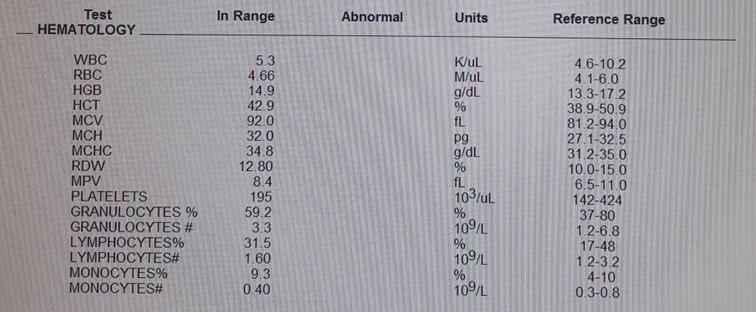
Blood count tests, often referred to as Complete Blood Count (CBC) tests, are among the most common and informative diagnostic tools in modern medicine. With just a small sample of blood, healthcare providers can uncover vital information about a person’s overall health and detect a range of conditions early on.
WHAT IS A BLOOD COUNT TEST?

A Complete Blood Count (CBC) measures the levels of different cells in your blood, including:
– RED BLOOD CELLS (RBCs) – Carry oxygen throughout the body.
– WHITE BLOOD CELLS (WBCs) – Defend against infections.
– PLATELETS – Help with blood clotting.
– HEMOGLOBIN – The protein in red blood cells that carries oxygen.
– HEMATOCRIT – Measures the proportion of red blood cells in your blood.
WHY IS IT DONE?

Doctors often order CBC tests to:
– Check for anemia, infections, or immune system disorders
– Monitor chronic conditions like kidney disease or cancer
– Track the effects of medications or treatments
– Evaluate unexplained symptoms like fatigue, bruising, or fever
WHAT CAN THE RESULTS SHOW?

– Low red blood cell or hemoglobin levels could indicate anemia.
– Elevated white blood cells might suggest infection or inflammation.
– Low platelet count could point to a bleeding disorder.
– High hematocrit levels may indicate dehydration or other issues.
Blood count tests are quick, non-invasive, and incredibly valuable in understanding your body’s internal status. Regular checkups and blood work can catch potential health issues early, making treatment more effective and boosting your long-term wellness.
By: Adenola Eniola.

